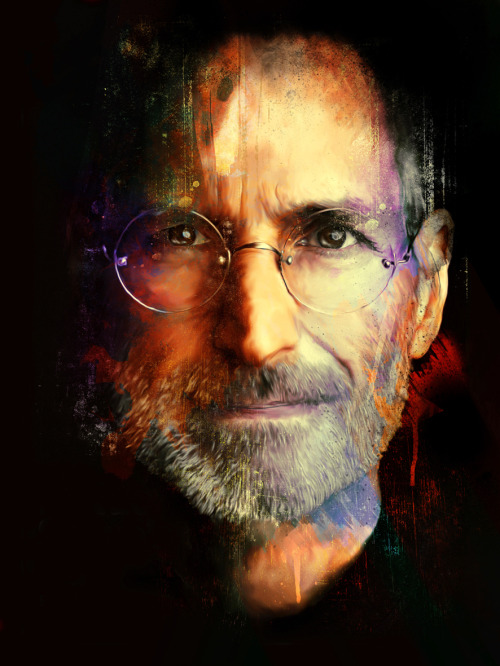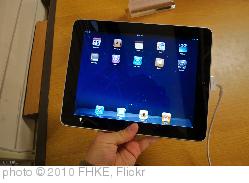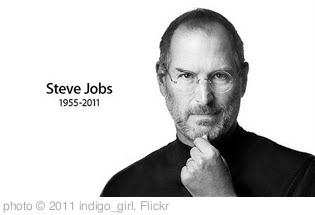 During my recent trip to Florida I stopped to see the Kennedy Space Center for the fourth time. The first three of my tours the NASA center was engaged in our manned exploration of space with either the Apollo Moon missions or the Space Shuttle. One could the feel the excitement as tour guides discussed upcoming manned missions to space and what we could expect from them. This last trip there was a different feel about the place. It was like an old, washed-up athlete sitting around telling stories of his or he past glorious accomplishments because there was nothing else the athlete could talk about.
During my recent trip to Florida I stopped to see the Kennedy Space Center for the fourth time. The first three of my tours the NASA center was engaged in our manned exploration of space with either the Apollo Moon missions or the Space Shuttle. One could the feel the excitement as tour guides discussed upcoming manned missions to space and what we could expect from them. This last trip there was a different feel about the place. It was like an old, washed-up athlete sitting around telling stories of his or he past glorious accomplishments because there was nothing else the athlete could talk about.
During the tour, every stop was someplace that once had importance during the manned missions into space. Now that there are no more American human spaceflights in the foreseeable future, these buildings had a snackbar and a giftshop stuck on the ends and became tour stops. The giftshops had all kinds of memorabilia about the Mercury, Gemini, Apollo, and Space Shuttle missions. In fact the Space Shuttle was called "The Pride of America." I guess calling the now seemingly ancient Apollo Moon missions the pride of America would be too much to stomach even if I thought those were more exciting than a "flying truck." The biggest thing discussed was the addition of the retired Space Shuttle Atlantis, a reusable rocket to launch satellites into space, and a new vehicle to explore Mars. These are all good things but it does not bring to me the excitement that sending humans back to the Moon or to Mars would bring.
When I was growing up, the astronauts were real-life heros to me. I would follow each mission on television with great interest. Other people followed the manned space missions because we were in a competition with the Soviet Union to see who could get to the Moon first. Later, I would tell my history students that our race to the Moon proved to ourselves and the rest of the world that again Americans could accomplish anything it sets its collective mind to. One day we woke up and decided to go to the Moon and actually did it in about eight years. It was this same determination to do something that scared the Soviet Union into spending itself out of existence when President Ronald Reagan proposed a missel defense system to do the unthinkable, make a nuclear war winnable. Could such a system be built? Who knows but based on past history the Soviets could not take that chance and started spending money on defense and neglecting the needs of its people to the point it could not sustain itself and collapsed. We need a national goal such as going to Mars to inspire today's students to take up challenges that have always defined America in the past.













